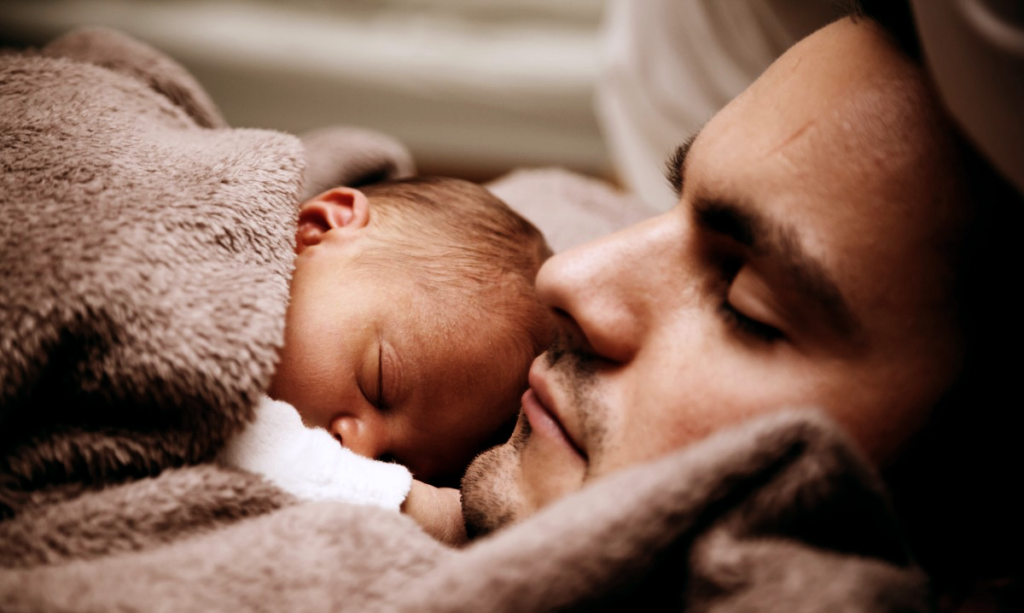Feeling Unappreciated?

During this pandemic many people are struggling with maintaining relationships. Does the struggle leave you feeling unappreciated? Does it seem like no matter how much you invest in your relationships, you are not valued and appreciated, or that it is not reciprocated? On the other hand, do others often see you as aloof or not willing to commit to a relationship? Either of these extremes could result in feeling lonely, angry, defensive or believing that a healthy relationship is unattainable.

It is tough to feel like you are not appreciated or valued. It may be a single experience, or it could be a pattern repeated in your personal and professional life. If you never feel like a priority to others, this affects your self-esteem even if you appear to be a confident person.
The opposite can also manifest; it may be difficult to have confidence in others and you may not trust the people who are in a relationship with you. This often leads to pulling away at the slightest perception that they are not really trustworthy.
Healthy Attachments Begin in Childhood
Let’s explore how to attract healthy, positive relationships into your life so it can help you move past feeling unappreciated. The building blocks for healthy attachments begin in childhood. This is where the foundation is established. It is very important that a child has a sense of personal self-worth and security. Adults who struggle with a repeated pattern of poor attachments, may have had inconsistent dynamics in their childhood with their parents or whoever raised them.
How is this foundation established in childhood? In order for a child to grow up with secure attachments they require caregivers that are consistently available and reliable or else the child adapts to these relationships in ways that are insecure. Availability refers to the obvious act of being there in the time of need. An infant is totally dependent on the caregiver and by instinct only has crying to signal a need. Does anyone come and respond to that cry? A consistent response will give that infant a sense of security when their cry is met with the presence of an adult. That is how availability fosters a secure attachment.
What about reliability? When the adult responds to the cry of the infant, how consistent are they in properly meeting the need of that cry? There is often a period of trial and error for new parents, but if overall, the parents or caregivers are consistently reliable, this builds the sense of secure attachment also.

We can look at many examples in childhood where well-intentioned parents may not be available or reliable, and it is not due to abuse or lack of love. For example, many children often miss being around their parents due to financial demands and career expectations that keep parents busy. Sometimes these same parents are very reliable once they are able to spend time with their children. In other cases, the opposite is true.
Maybe the parent/caregiver is always available, but due to various factors (cultural or language gaps, financial needs, anger issues, depression, substance abuse, etc.) they are not reliable in meeting the needs of the child. What was it like in your home? How do you think these factors shaped your attachment style?
Feeling Unappreciated Can Lead to an Insecure Attachment Style
Since children have to adapt one way or the other, feeling unappreciated can lead to an insecure attachment style. One insecure way for a child to adapt is by becoming very independent. This is adaptive, because the child develops a sense of self-reliance rather than depending on someone who is not available or reliable. However, as an adult, this person may have trouble attaching well to others due to lack of trust.
Another insecure attachment style is a dependent style of relating. This is usually seen in an individual who is very good at perceiving the needs of others, and in craving that attachment the do as much as possible to please the other person in order to gain more availability and reliability. The obvious limitation to this dependent style of attachment is that it perpetuates the insecurity; your well-being is dependent on the actions of others. This codependency can lead someone into feeling lonely and unloved in their relationships unless they perform well enough to earn the attachment.
Often people are caught in a pattern of ambivalent attachment, which is a combination of the independent and dependent styles of attachment; they may fluctuate back and forth in an attempt to find balance.
The more secure attachment style is interdependent. This is a more balanced dynamic where 2 people mutually provide availability and reliability. You may have a leaning in one direction, but if you are aware of your tendency and are making an effort to be more balanced you can develop interdependent relationships. The shift in your thinking can alleviate the distress of feeling unworthy, lonely or frustrated with relationships that you constantly end due to lack of trust.
In counseling, you may gain insight about how to shift your thinking – feeling unappreciated, for example – and how to be more aware of the unconscious behaviors that solicit the same kind of relationships that you are familiar with – yet tend to be dysfunctional. Once you develop your ability to be more available and reliable to yourself, and really pay attention to those same qualities in others, you may discover a new set of social connections that function much better than before with less loneliness, or frustration. So, while we cannot control the behavior of others or have a magical method of finding a significant other in our life, we can be as healthy as possible to attract the right balance in relationships that will alleviate feelings of loneliness and frustrations. Ready to explore options? Learn about online counseling frequently asked questions.